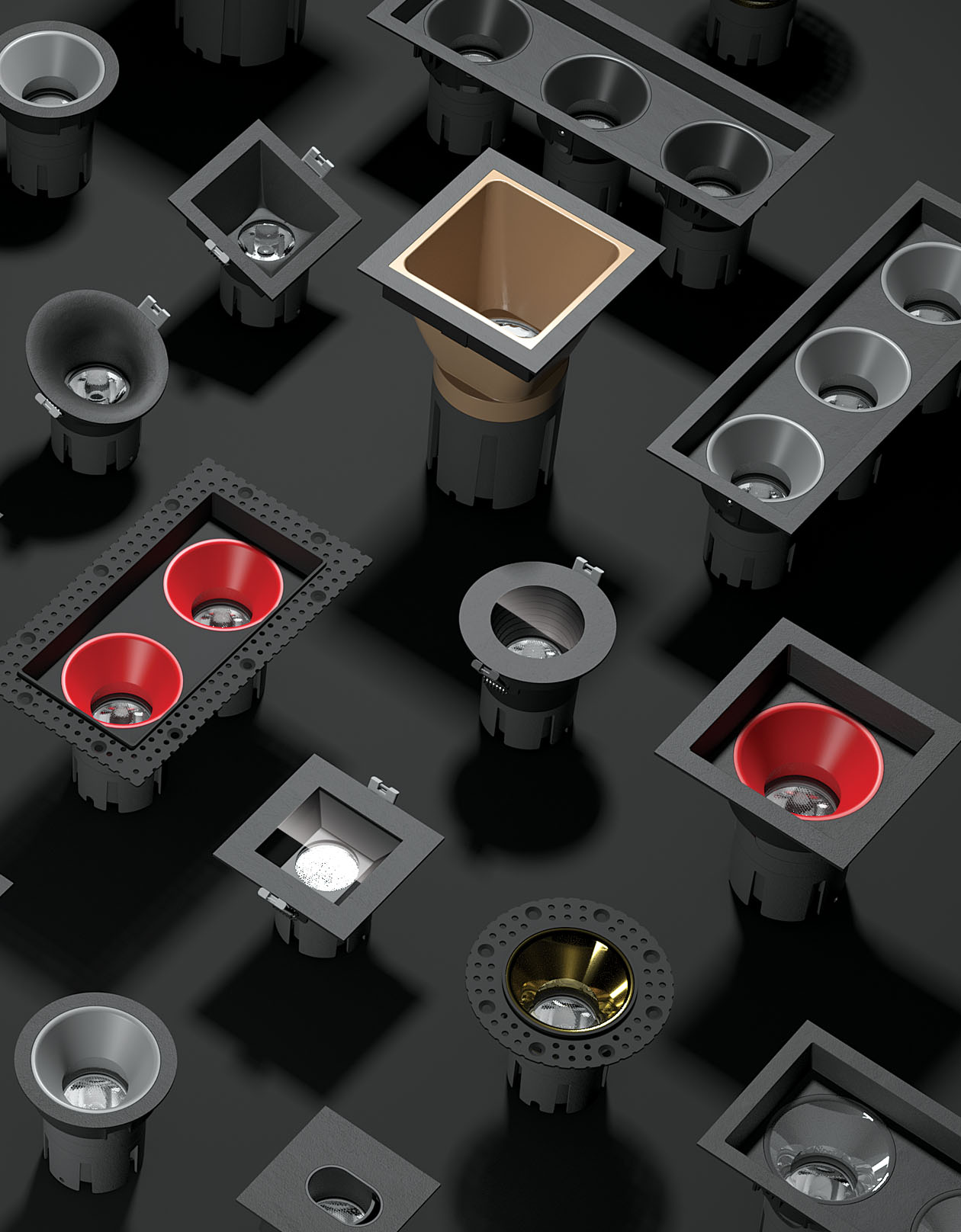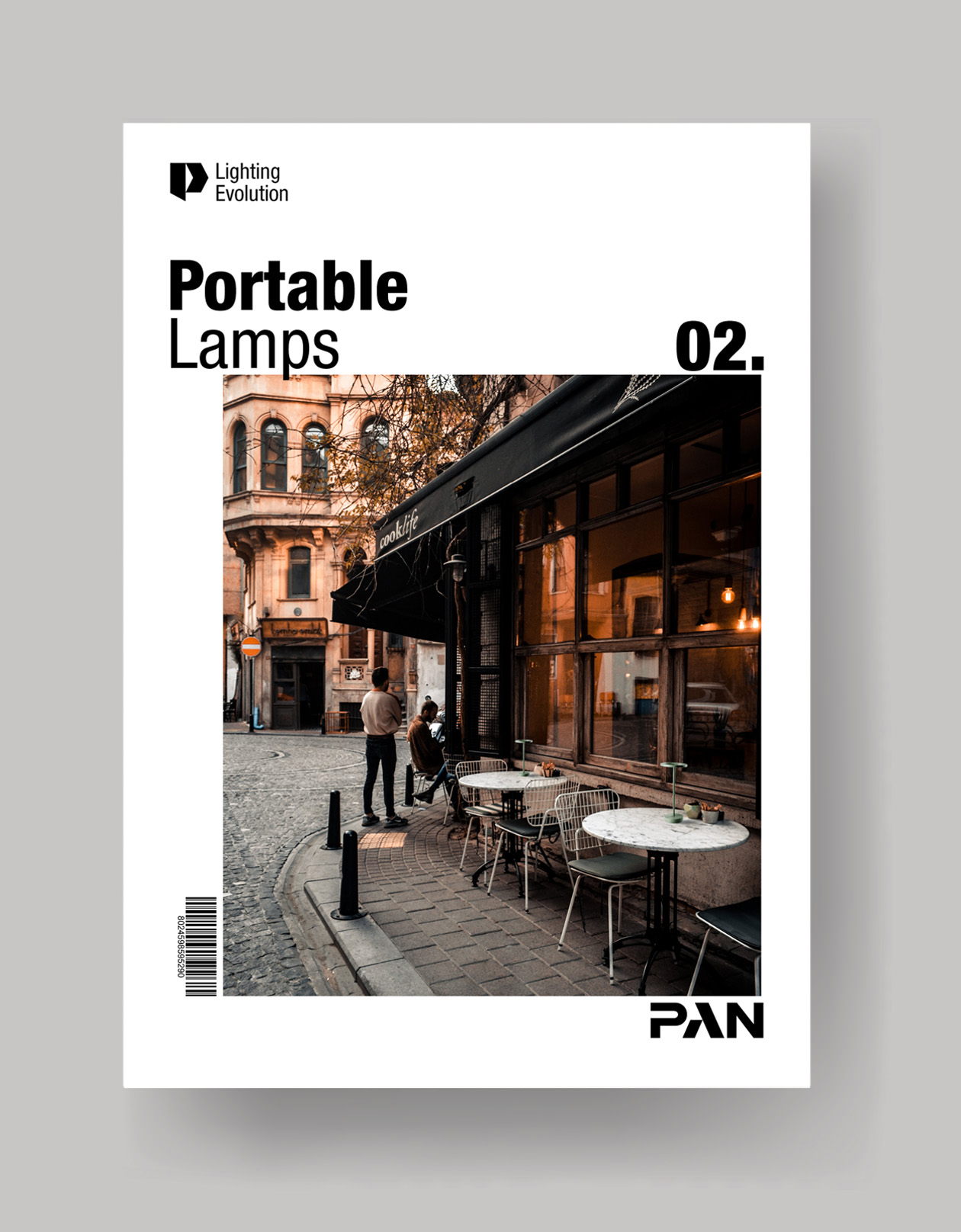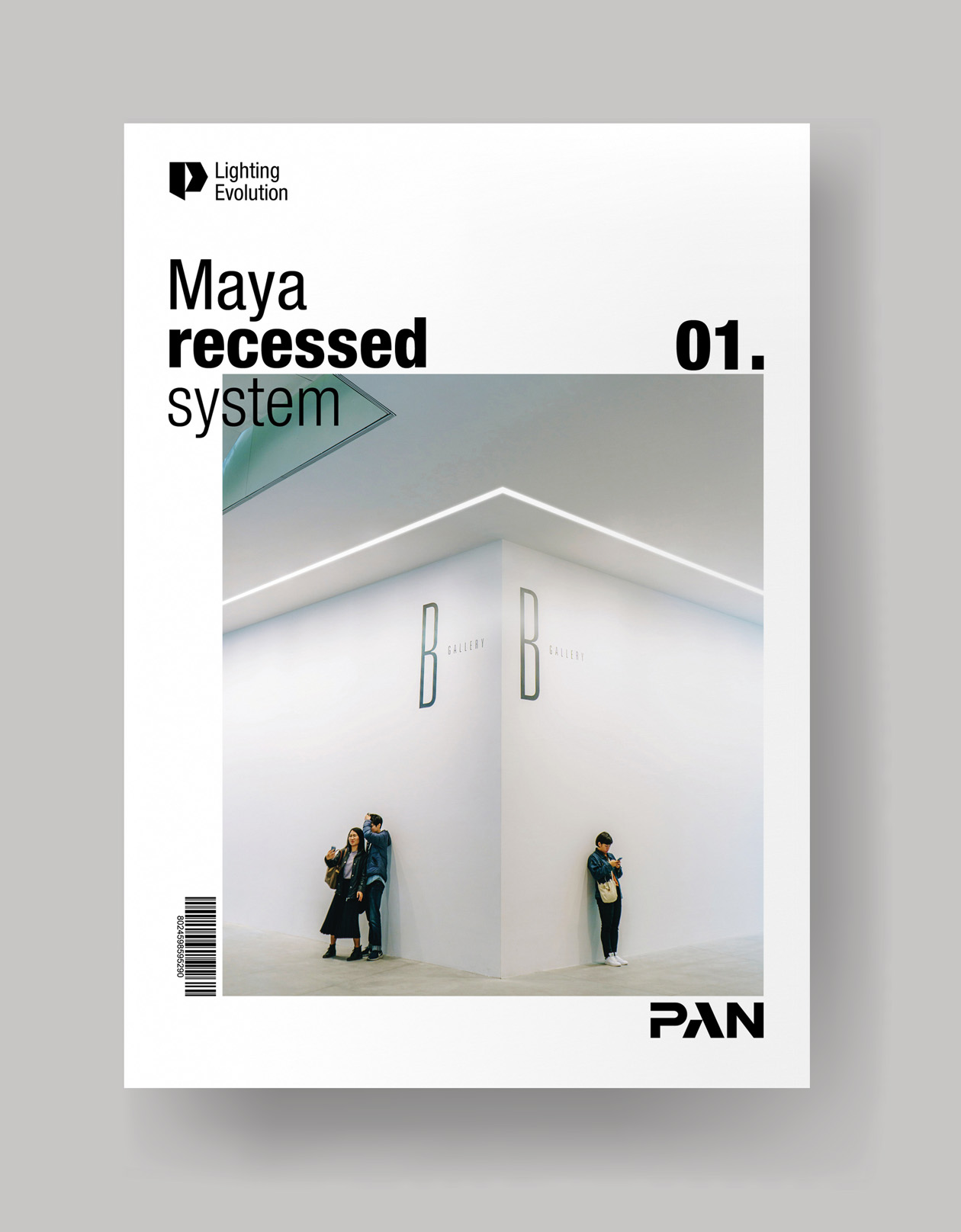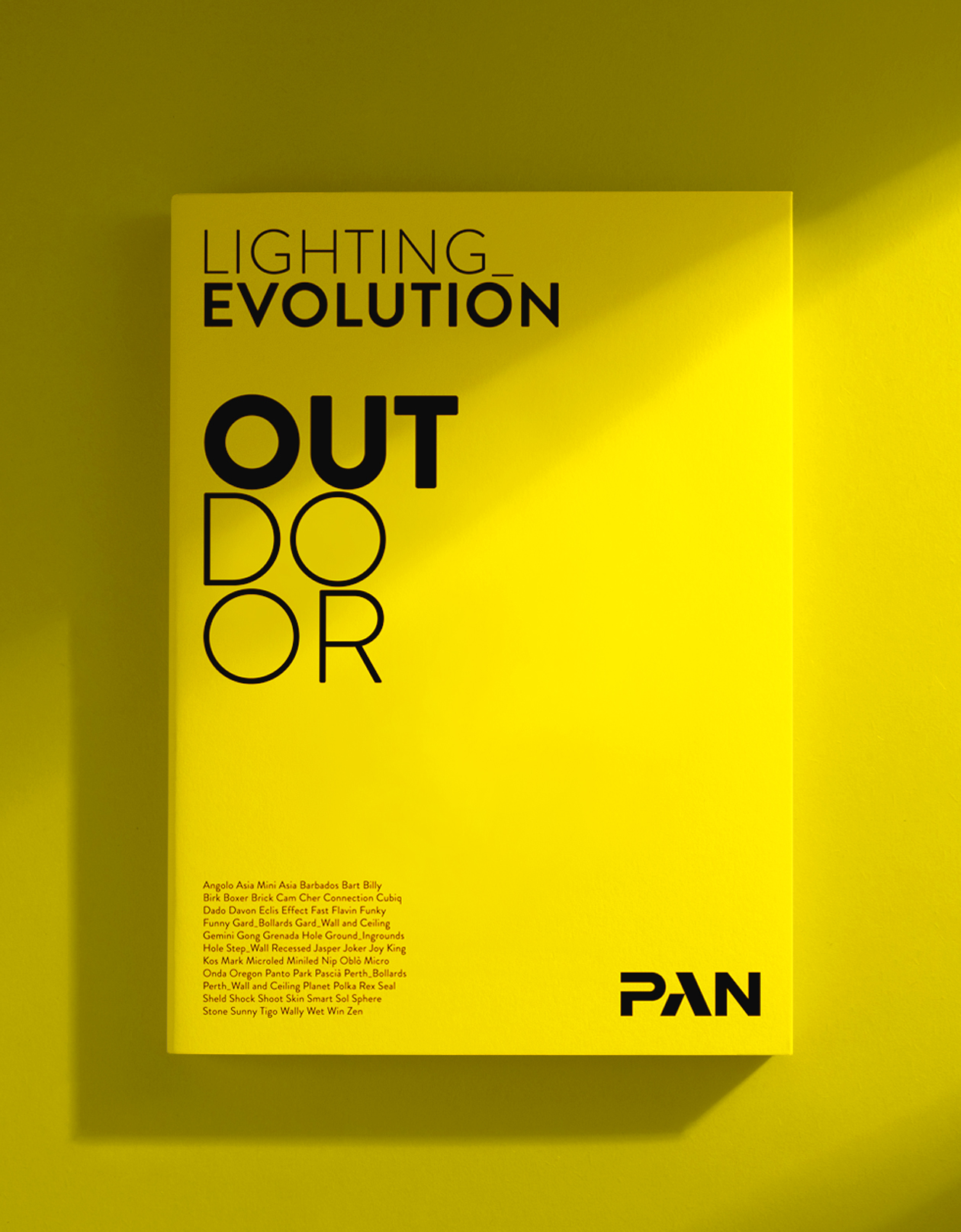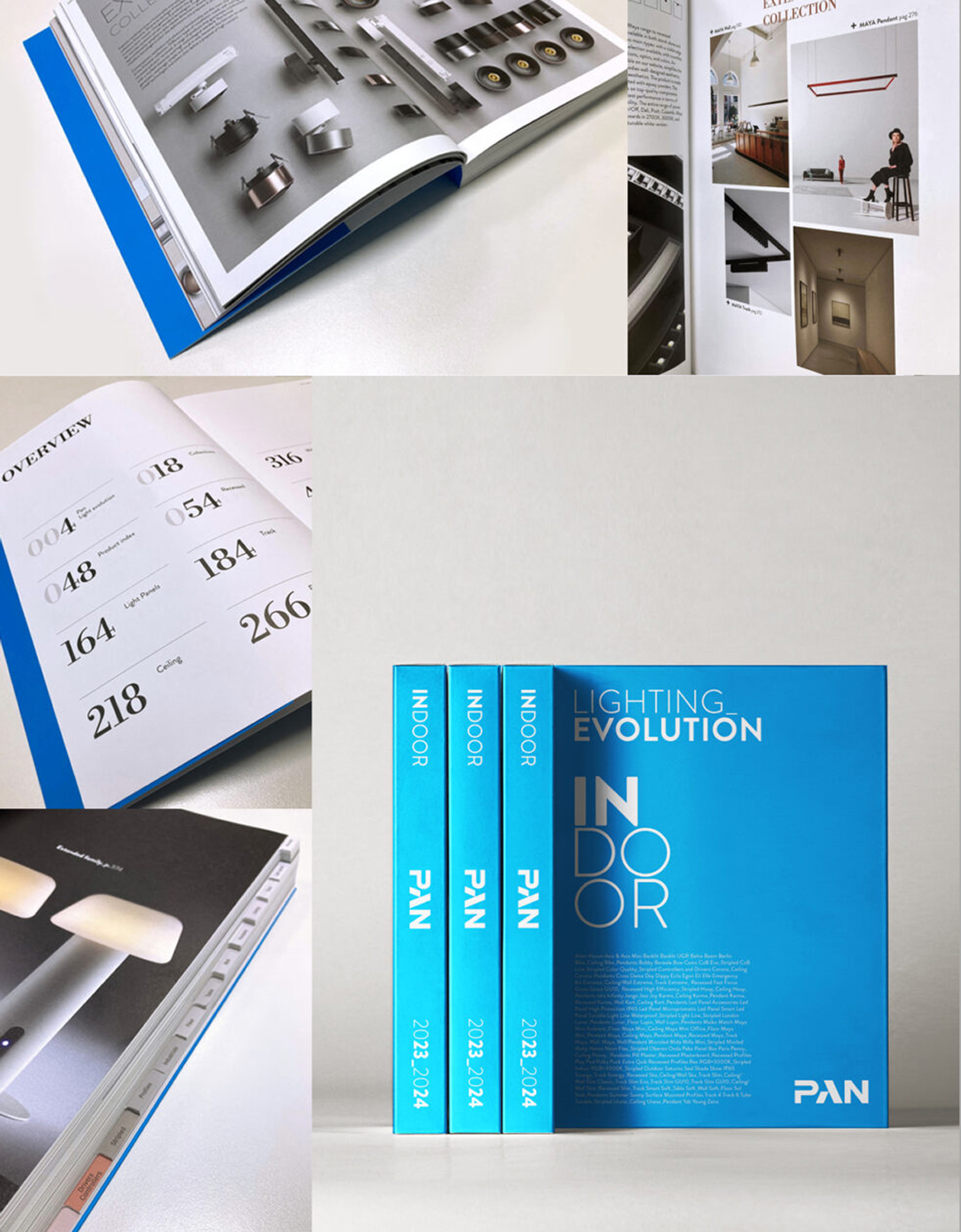SERVICES
SERVICES
services
Pan S.r.l. supports its proposal with a reliable international commercial network, a competent lighting consultancy service dedicated to the design and construction of customized lighting fixtures.
All activities at the Headquarter:
– Concept design and product development both international and «made in Italy»
– Product variants and «custom made» upon client request
– Lighting consultancy and technical support
– 750 sqm showroom
general conditions of sale
General conditions
All information in this catalogue merely serves as an indication and it is not binding for the company. The company reserves the right to modify the products to improve the technical and qualitative contents, even without prior notice. Brand names, logos and published visual concepts belong to their legitimate owners. Total or partial reproduction of this publication is forbidden. Pan S.r.l. is not liable for injuries or damage due to the incorrect installation of its fixtures. No part of this catalogue may be copied. Please visit our website to check TECHNICAL INFO and ERRATA CORRIGE updates: www.panint.it
Informations
For requests, information, reports and assistance, contact local agent or mail directly to panint@panint.it
Warranty
Pan S.r.l. guarantees its products are free from manufacturing and/or material defects in case of intended use. The warranty is valid for the period indicated on products specification or technical files. Effective date is the date of issue invoice date.
product warranty
cookie policy
COOKIE POLICY
COOKIE POLICY
This document is published in compliance with the provisions13 and 14 of EU Directive 2016/679 and of Directive 2002/58/EC, as amended by Directive 2009/136/EC, concerning Cookies.
1. What are cookies, and how are they used?
Cookies are small text files that are sent to the user’s device (usually to the browser) by visited web sites; they are stored in the user’s device and then transmitted back to the web site(s) on the user’s subsequent visits. When navigating a web site, users may also receive cookies from other sites or servers (so-called “third party” cookies). This happens because the visited web site may contain items such as images, maps, video and sound files, or links to individual web pages on different domains that are located on servers other than the one where the page being visited is stored.
As a rule, web browsers automatically accept cookies. Therefore, cookies are present in large numbers in each user’s browser, and often they may be set to have a long life span. Cookies may serve several different purposes: IT authentication, monitoring sessions, storing specific pieces of information on user settings/preferences for a given server, etc.
In order to correctly regulate the use of cookies, we first need to classify them on the basis of their purposes, since the difference in purpose does not translate in different technical characteristics. Accordingly, when adopting the provisions of Directive 2009/136/EC, the Italian legislation considered it mandatory that users should be asked to grant their prior and informed consent before accepting cookies used for purposes other than strictly technical requirements (see Section 1, Part 5, Letter (a) of Legislative Decree no. 69/2012, which amended Section 122 of the Italian Data Protection Code) http://ec.europa.eu/justice/data-protection/article-29/documentation/opinion-recommendation/files/2012/wp194_en.pdf#h2-8
To this end, we may define two broad cookie categories:
a. Technical Cookies.
Section 122, Part 1, of the Italian Data Protection Code defines technical cookies as cookies set “for the sole purpose of carrying out or facilitating the transmission of a communication over an electronic communications network, or as strictly necessary in order to provide an information society service explicitly requested by the subscriber or user.”
Technical cookies are not used for other purposes and are usually set directly by the web site’s owner or manager. They may be:
– browsing (or session) cookies, meant to ensure ordinary web browsing and web site fruition (for instance, they make it possible to perform web purchases or to log in and access private areas);
– analytics cookies may be considered technical cookies provided they are used directly by the site manager to gather aggregate data about user numbers and browsing behaviour;
– functional cookies, enabling the user to browse the site in accordance with a set of preferences (such as the language, or products selected for purchase), thus ensuring a smoother user experience.
The user’s prior consent is not necessary to install this type of cookies. Still, pursuant to Section 13 of the Italian Data Protection Code, the Data Controller is required to provide the relevant information, in the form that it deems best.
b. Profiling Cookies.
Profiling cookies are intended to build user profiles and are widely used to deliver advertising messages in line with the preferences shown by the user when surfing the Web. Such cookies may be particularly invasive of the users’ private sphere, so both the EU and Italian regulations prescribe that users must be appropriately informed regarding their use, and express their valid consent.
Section 122, Part 1 of the Italian Data Protection Code prescribes that “Storing information, or accessing information that is already stored, in the contracting party’s and/or user’s terminal equipment” are only permitted with the user’s/contracting party’s prior informed consent (i.e. the opt-in rule) as per Section13, Part 3.
2. Cookie Duration
Some cookies remain active only until the browser is closed or until the logout command is executed. Other cookies persist after the browser is closed down, and remain available for any subsequent visits by the same user.
Based on their duration, cookies may be classified as follows:
a. “Session Cookies” are stored on the user’s device only in order to meet technical and usage requirements, such as session IDs required for secure and efficient web browsing; they expire at the end of the browsing session (hence their name) when the web browser is shut down. This type of cookies does not entail any additional technology which may threaten the user’s web browsing privacy;
b. “Persistent Cookies” are stored on the computer’s hard drive until they expire, or until the user deletes them. Through persistent cookies, site visitors (or any other users using the same device) are automatically recognised each time they visit. Persistent cookies provide many different convenient functions for web site users, such as remembering their preferred browsing language. However, persistent cookies may also be used for advertising or even for less legitimate purposes.
Users may set their web browser to either accept or refuse all cookies, or else to be alerted each time a new cookie is submitted, and decide whether to accept it. In any case, users may change their browser’s default settings and disable cookies (that is, block them indefinitely), by setting a higher level of privacy protection.
Both the above types of cookies (session and persistent) may further be:
“first-party cookies” when they are managed directly by the web site owner/manager;
“third-party cookies” when they are set and managed by sources other than the web site the user is visiting.
3. How cookies work, and how to delete them
Cookie functionality, as well as options for restricting or blocking cookies, can be managed by changing the settings of your web browser.
To delete cookies from the Internet browser of your smartphone or tablet, please refer to the user manual of your device.
Blocking third-party cookies
As a rule, third-party cookies are not essential for web browsing; as a consequence, you may choose to automatically refuse them by selecting the relevant options in your browser settings:
Activate the ‘Do Not Track’ option
Most recent browsers have a Do Not Track option. When this option is turned on, most web sites should automatically stop collecting your browsing data. However, compliance with this option is discretionary, so not all web sites may be set to enforce it.
Activate “Private Browsing” mode
This option enables you to surf the web without leaving traces of your browsing activity on your local machine: web sites will not remember you, the pages you visit will not be stored in your browser’s history and new cookies will be deleted.
However, private browsing does not guarantee Internet anonymity, because while your browsing details will not be stored in your browser, they will still be available to web site owners and connection providers.
Delete cookies directly
There are dedicated options to achieve this in all browsers. However, please remember that new cookies are downloaded every time you connect to the Internet, so cookie deletion should be performed regularly. Some browsers also offer the option of scheduling automated cookie deletion.
How to delete cookies in the most common web browsers:
Chrome
https://support.google.com/accounts/answer/61416?hl=en
Mozilla Firefox
https://support.mozilla.org/en-US/kb/enable-and-disable-cookies-website-preferences
https://support.mozilla.org/en-US/kb/disable-third-party-cookies
Internet Explorer
http://windows.microsoft.com/en-US/internet-explorer/delete-manage-cookies#ie=ie-11
Safari
https://support.apple.com/en-us/HT201265
https://support.apple.com/kb/PH5042?locale=en_US
You may also want to check the independent information on http://www.aboutcookies.org/
4. Cookies used by www.panint.it
panint.it does NOT use first-party profiling cookies as described above.
panint.it does use third-party cookies.
By clicking ACCEPT, users grant their consent to the use of third-party cookies.
Below please find a list of links to the web pages containing information and consent forms regarding the third-party cookies used by panint.it, whose duration may be subject to change:
Google Analytics
Google Analytics is a web analytics service provided by Google. It stores cookies on the user’s device and sends information regarding web site use (visited pages, length of visit, etc., including the user’s IP address) to Google, that stores them on their US-based servers.
For further information please see Google’s privacy policy.
__utma – persistent – they are used to calculate, among other things, the visitor’s recency and the time since the last visit – necessary for the third-party service Google Analytics. Duration 2 years about
__utmb – session -It contains the timestamp of the moment you entered the site – necessary for the third-party service Google Analytics.
__utmc – technical – it is used for anonymous statistics of web analytics by Google tools – necessary for the third-party service Google Analytics.
__utmt – persistent – necessary for the third-party service of Google Analytics. Duration 10 minutes abot
__utmz – persistent -It contains the hash of your account, a timestamp of its creation, some parameters related to the number of visits and a series of information on the source, the campaign, the key words typed.- necessary for the third-party service Google. Duration 6 months aout.
Google Maps
Google Maps is a web-based mapping service managed by Google Inc. Its contents may be embedded by other sites in their web pages. The cookies set by Google Maps gather information on user behaviour, and are sent back to (and stored by) Google on their US-based servers.
For further information, please refer to Google’s privacy policy.
1P_JAR – persistent – Used by Google – necessary for Google third-party service. Duration 1 day a
NID – persistent – Used by Google to track searches – needed by the Google third-party service. Duration 6 months about. Type http
OGPC – persistent – Used by Google – necessary for Google third-party service. Duration 2 months about
OTZ – persistent -Used by Google – necessary for Google third-party service. Duration 1 month about
CONSENT – persistent – Used by Google – necessary for Google third-party service. Duration 21 years about
About Google’s cookie settings:
https://policies.google.com/privacy?hl=en
https://policies.google.com/technologies/types?hl=en
https://policies.google.com/technologies/cookies?hl=en
https://tools.google.com/dlpage/gaoptout?hl=en
To accept cookies click on
Technical Cookies
DYNSRV – required to ensure correct system functionality – Session
PHPSESSID – required to ensure correct system functionality – Session
cookie_accetto_legge – is used to keep track of your consent / refusal to use cookies – Duration 1 year
cookie_accetto_legge_analytics – is used to keep track of your consent / refusal to cookies from Google – Duration 1 year
cookie_accetto_legge_maps – is used to keep track of your consent / refusal to Google Maps cookies – Duration 1 year
Titolare
Pan International srl © – Via Giovanni Michelucci, 1 – 50028 Tavarnelle Val di Pesa (FI) – Telefono: +39 0558059336-7 – Fax: +39 0558059338 – panint@panint.it – P. IVA e C.F. IT 03865770485
Users wishing to deny their consent to cookie usage may either leave the web site or follow the above information on how to disable cookies.
Please note that the name, duration, amount, type, purpose, etc. of third-party cookies and other tracking systems set by third-party services embedded in our web site’s pages may change without notice. The Web Site Owner is not responsible for such changes.
For full details regarding data retention, please refer to the third-party privacy policies listed earlier in this document.
This document may be subject to change over time. Please come back and check it periodically.
Last updated 12/06/18



